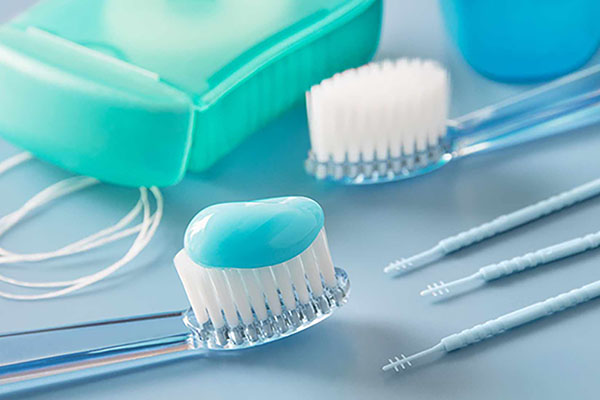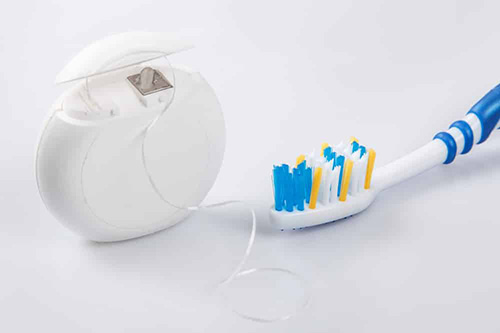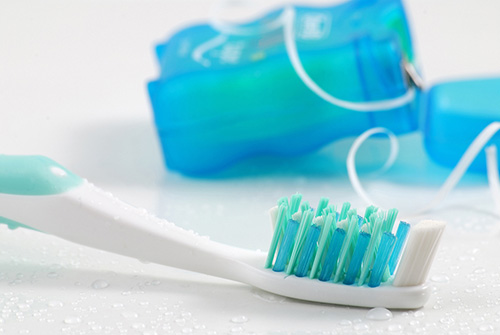Dentists have routinely emphasized the importance of mechanical cleansing, citing it as one of the most effective measures to deter plaque buildup and the potential onset of caries and periodontal disease. When advising patients, one of the most common questions that dentists receive regards the process of mechanical cleansing: can patients do without either, and is there a combination of flossing and brushing that works better than others?
The answer to the first question is relatively easy: no. The answer to the second question is actually still being debated.

Until the spring of this year, few clinical studieshad been published examining mechanical cleansing’s effectiveness at removal of plaque. Any studies that were published regarding plaque removal usually focused on the comparison of the effectiveness between different types of brushes, brushing techniques and even toothpaste use. Additionally, though most studies would acknowledge the increased benefit flossing provides, few quantified the combined effect of brushing and flossing.
Then, in the spring of 2018, dental students at the Dental Materials Research Center at Mashhad University of Medical Sciences in Mashhad, Iran, participated in a two-part, randomized-controlled crossover study to quantify the combined effectiveness of brushing and flossing and hopefully determine the best process for mechanical cleansing.

After suspending their individual oral cleansing produces for 48 hours, the students were split into two groups. One group brushed their teeth with a fluoride-rich toothpaste prior to flossing, while the other group flossed their teeth prior to brushing with a fluoride-rich toothpaste. After cleansing plaque levels were recorded using the Rustogi Modified Navy Plaque Index, and remaining fluoride levels were measured using a fluoride ion-specific electrode. After a two-week break, constituting a wash-out period to allow for a reestablishment of the students’ oral microbiota, the process was repeated with the groups conducting the opposite cleansing procedure.

“This was actually a very good study, simple-minded, that answers a lot of basic questions…” Dr. Kao says.
After examining the collected data, the researchers concluded that whole and interdental plaque buildup were greatly reduced in the mouths of students who flossed their teeth before brushing. Regarding fluoride retention, when students flossed prior to brushing, more fluoride residue was found within the interdental spaces than when students flossed prior to brushing.
Stephen R. Daniel, DDS, current president of the American Academy of Periodontology, said in a press release that “while this study finds that flossing before brushing may result in the reduction of plaque, it’s important for everyone to remember to do both every day to maintain the health of their smiles.”
